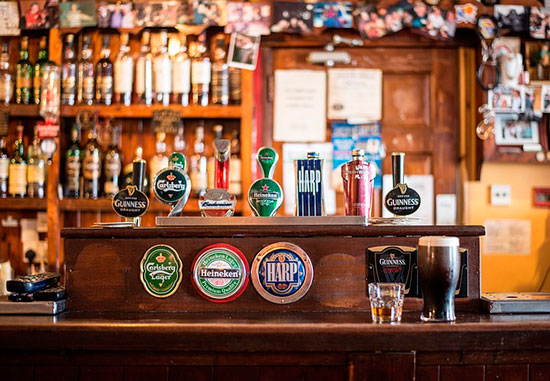Halfway into 2010 the 20th book of the series of historical novels written by the British writer Lindsey David and starring Marcus Didius Falco was published, an unforgettable character who has become immensely popular. Falco is an informant, in other words, the closest to a private detective that you could find in ancient Rome. And his adventures are pure detective fiction but set in the 1st century AD, during the kingdom of the Emperor Vespasian.

One of the reasons of the immense success of these series of books is its joyful, ironic and casual tone, which makes reading each novel an entertaining and fun experience. Also, you can find a large amount of cultural and literary humorous hints: for example, during one of his trips with a theatre company of the time, Falco starts to write his own play. Its name is ´The ghost who spoke´ and its plot is suspiciously similar to Hamlet´s… Could it be that William Shakespeare inspired himself in a dark latin text by Falco?
But careful: the books are fun and they´re full of jokes but they´re not simple parodies. Each one of them has a well generated police story and, at times, pretty complex, with a detective intrigue which would feel at home in the best detective fiction novels and scenes of great dramatic intensity. It´s impossible not to take to the characters who appear in nearly all the novels, and it´s logic to suffer when something bad happens to one of them.
Another very interesting point of Davis´ novels is its great historical exactitude: Falco describes with precision in every novel a different aspect of Roman society and culture. For example, in ´The Accusers´ it presents the fascinating legal world of the time, and in ´Ode to a banker´ it reflects the running of a Roman business and economy. In other books it also portrays in a reliable way the Roman colonies of the time: Egypt, Palmyra, Gaul, the violent Germania and the warm Hispania… and, above all, the novels represent a constant immersion in everyday life in Rome. The evolution of the character of Falco takes him from being a solitary man to a family man, who interacts with people from all social classes… From the lowest depths of the Aventine with its narrow and twisted streets to the width of the rich neighbourhoods, palaces and sumptuous temples, as well as legendary buildings such as Saepta Julia or the Colosseum (which had been started and was under construction during the years which the novels run in).
After having read the twenty novels of the series of Marcus Didius Falco, it´s inevitable to see live how some of the Roman buildings and places which appear in the book have preserved themselves. Thankfully, the inclusion of small maps of Rome in various of his novels makes it easy to follow Falco´s footsteps around the city. But, of course, before you have to have tried to find some apartments in Rome

 English
English Translated by: aleixgwilliam
Translated by: aleixgwilliam

